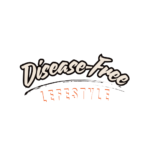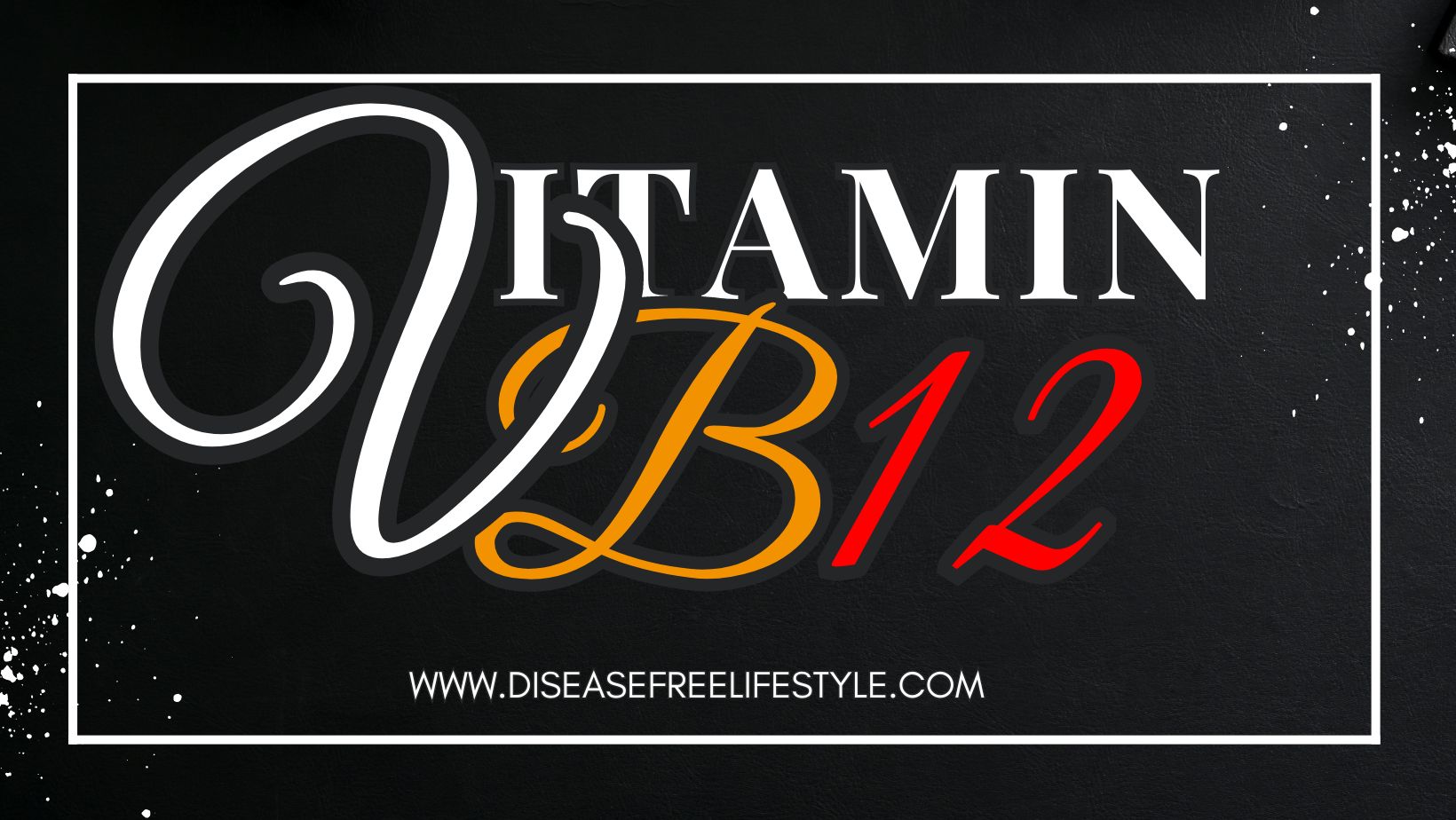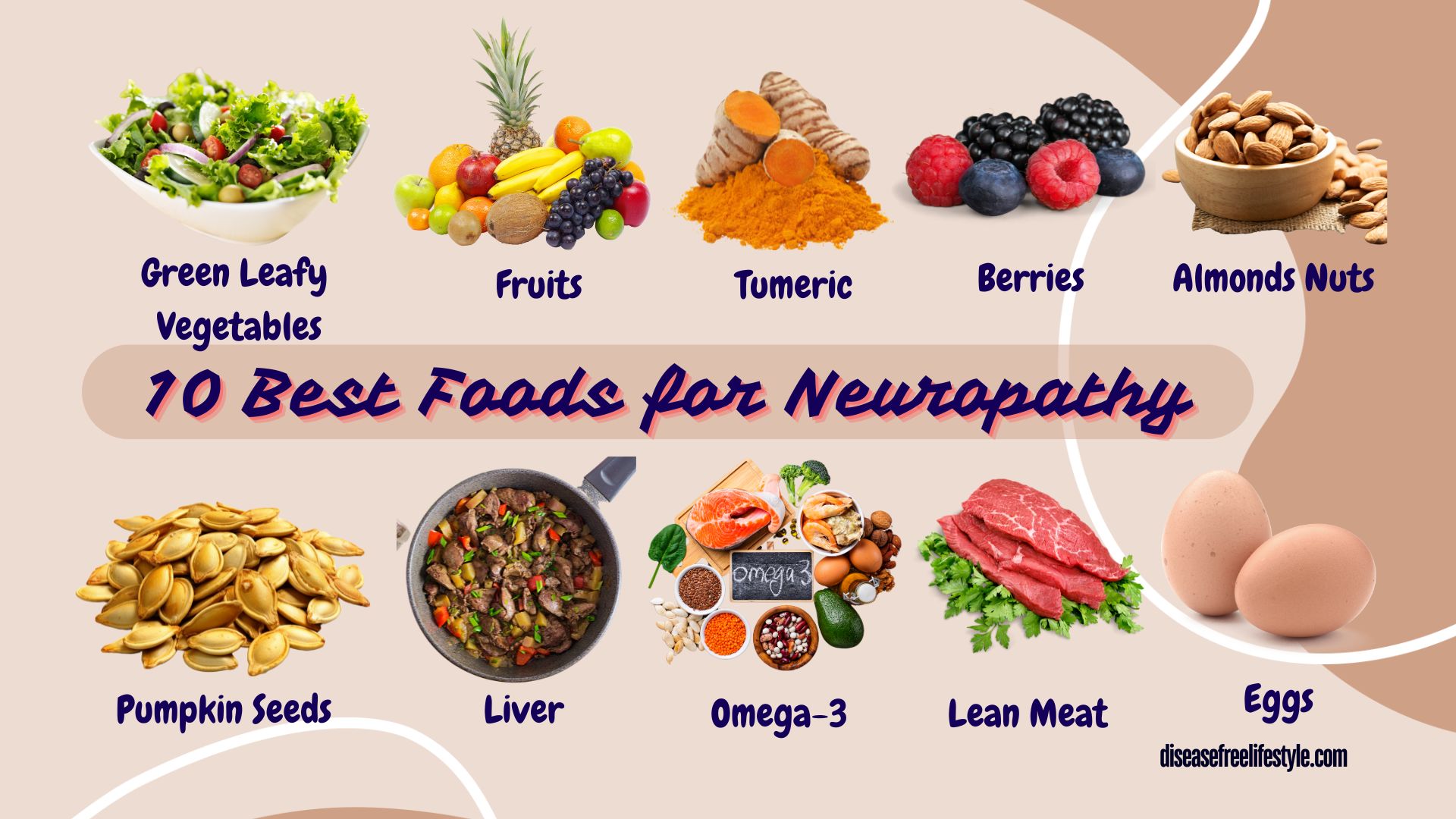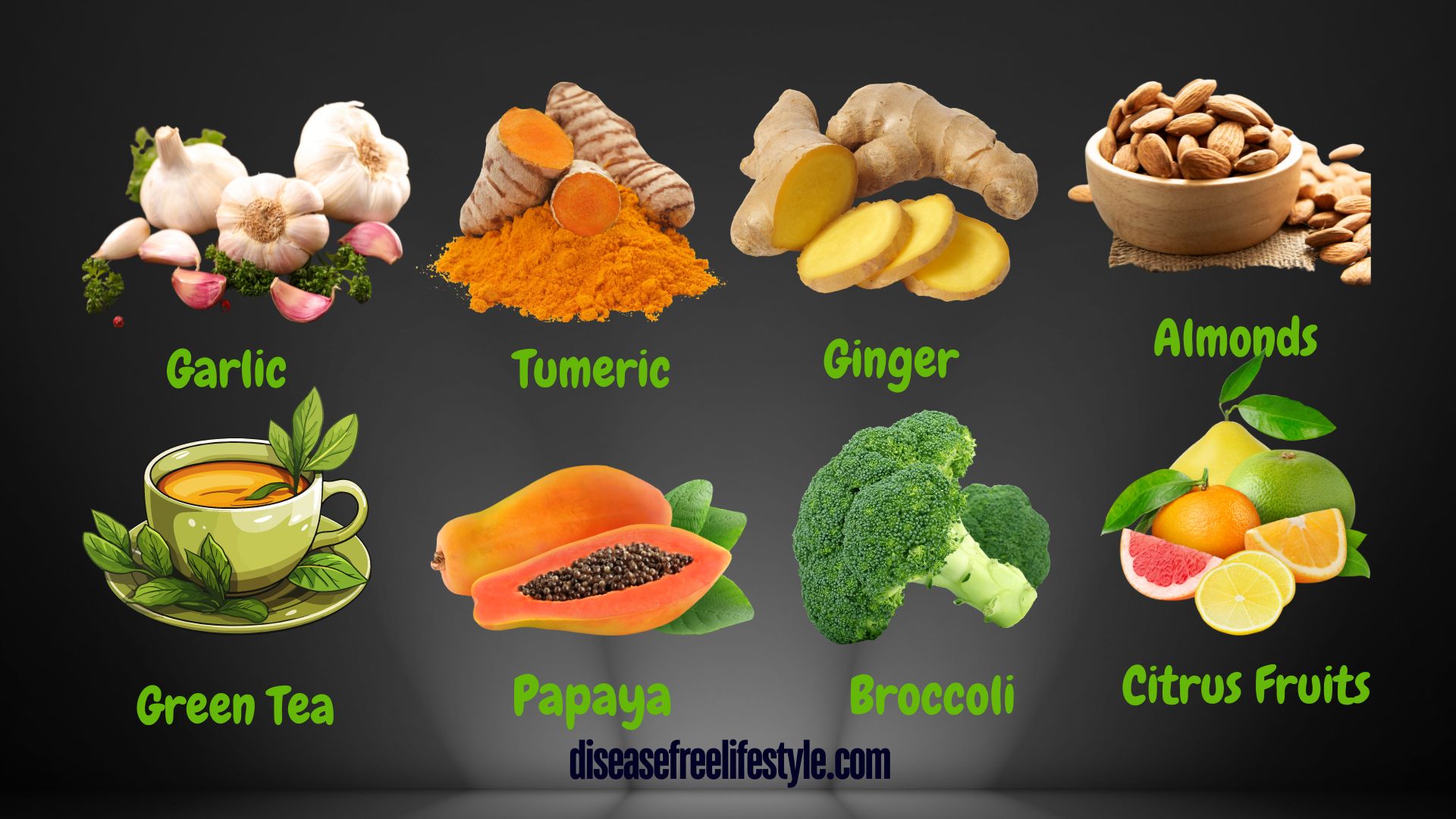Introduction: What is Vitamin D and Why Is It Important?
Vitamin D, often referred to as the “sunshine vitamin,” plays a crucial role in maintaining overall health. Unlike other vitamins, it is synthesized in the body when our skin is exposed to sunlight. In this article, we’ll explore the importance of vitamin D, its natural sources, the symptoms of deficiency, and how much you need to stay healthy. With this guide, you’ll have all the essential information to optimize your vitamin D levels naturally and effectively.
What is Vitamin D?
Vitamin D is not just a vitamin but a prohormone that the body produces when exposed to ultraviolet B (UVB) rays from sunlight. It is fat-soluble, which means it gets stored in fatty tissues and the liver. There are two primary forms of vitamin D:
- Vitamin D2 (Ergocalciferol): Found in plant-based foods and fortified products.
- Vitamin D3 (Cholecalciferol): Found in animal-based foods and is the form produced in our skin when exposed to sunlight.
Both forms are effective in raising the body’s vitamin D levels, but vitamin D3 is more potent and easier for the body to use.
Why Is Vitamin D Called the Sunshine Vitamin?
Vitamin D is often called the “sunshine vitamin” because our skin makes it when exposed to sunlight. When the UVB rays hit the skin, a compound called 7-dehydrocholesterol is converted into vitamin D3. This process is vital because it helps maintain calcium and phosphorus levels, which are critical for bone health.
Key Point: Regular sun exposure is one of the most effective ways to obtain vitamin D naturally.
Health Benefits of Vitamin D
- Supports Bone Health
Vitamin D is essential for calcium absorption in the intestines, which helps form and maintain strong bones. Deficiency can lead to brittle bones, increasing the risk of fractures and conditions like osteoporosis and rickets.
- Boosts Immune System
Vitamin D plays a crucial role in supporting the immune system. It enhances the pathogen-fighting effects of monocytes and macrophages—key parts of the immune defense—and decreases inflammation.
- Improves Muscle Function
Vitamin D is also vital for muscle function. It aids in muscle contraction and growth, helping to prevent muscle weakness. Many athletes and older adults focus on maintaining their vitamin D levels to improve strength and avoid falls or injuries.
- May Reduce Risk of Chronic Diseases
Recent studies have linked vitamin D deficiency to increased risks of several chronic conditions, such as:
- Cardiovascular disease: Vitamin D helps regulate blood pressure, and low levels have been linked to hypertension and heart disease.
- Autoimmune disorders: A deficiency might contribute to conditions like rheumatoid arthritis and multiple sclerosis.
- Cancer: Some research suggests that sufficient vitamin D levels could help reduce the risk of cancers like breast and colon cancer.
Promotes Mental Health
There is growing evidence that vitamin D deficiency is linked to depression, anxiety, and other mood disorders. This vitamin helps produce serotonin, which plays a role in regulating mood and sleep.
Sources of Vitamin D
 To maintain optimal health, you need a regular supply of vitamin D from either sunlight, food, or supplements.
To maintain optimal health, you need a regular supply of vitamin D from either sunlight, food, or supplements.
1. Sunlight Exposure
One of the best ways to increase vitamin D levels is by exposing your skin to sunlight. The best time for vitamin D synthesis is when your shadow is shorter than your height, typically between 10 AM and 3 PM. A short 15-20 minute exposure of the face, arms, and legs to direct sunlight can help generate sufficient vitamin D.
However, factors like skin color, age, geographic location, and time of year can influence how much vitamin D you produce from sunlight. People with darker skin, for example, need longer sun exposure to produce the same amount of vitamin D as those with lighter skin due to higher melanin levels.
2. Vitamin D-Rich Foods
While sunlight is the most effective source, certain foods are also rich in vitamin D:
- Fatty Fish: Salmon, mackerel, sardines, and tuna are excellent sources of vitamin D3.
- Fish Liver Oils: Cod liver oil is one of the richest sources of vitamin D.
- Egg Yolks: The yolk of an egg contains vitamin D, making it a good source for vegetarians.
- Fortified Foods: Many foods, such as dairy products, cereals, and orange juice, are fortified with vitamin D to help people reach their daily requirements.
- Mushrooms: Mushrooms like shiitake or portobello, especially those exposed to sunlight, provide vitamin D2.
3. Vitamin D Supplements
Vitamin D supplements come in two forms: D2 (ergocalciferol) and D3 (cholecalciferol). While both types can raise vitamin D levels, D3 is more effective. If you have difficulty getting enough vitamin D from sun exposure and diet, taking a supplement may be beneficial. Always consult a healthcare provider before starting any supplement regimen.
How Much Vitamin D Do You Need?
The recommended daily intake of vitamin D varies based on age, gender, and health condition. Here is a general guide:
- Infants (0-12 months): 400 IU (10 mcg)
- Children (1-18 years): 600 IU (15 mcg)
- Adults (19-70 years): 600 IU (15 mcg)
- Adults (71 years and older): 800 IU (20 mcg)
- Pregnant or Breastfeeding Women: 600 IU (15 mcg)
Some health experts suggest higher intakes, especially for individuals at risk of deficiency, but consuming more than 4,000 IU per day may lead to toxicity and health issues.
Who Is at Risk of Vitamin D Deficiency?
Vitamin D deficiency is more common than you might think, and certain groups are at higher risk, including:
- Individuals with Darker Skin: Higher melanin levels in darker-skinned individuals reduce the skin’s ability to produce vitamin D from sunlight.
- Older Adults: Aging decreases the skin’s ability to synthesize vitamin D efficiently.
- People with Limited Sun Exposure: Those who spend most of their time indoors or wear clothing covering most of their skin may struggle to produce enough vitamin D.
- Individuals with Obesity: Fat cells absorb vitamin D, making it less available for the body to use.
- People with Digestive Issues: Conditions like Crohn’s disease or celiac disease can interfere with vitamin D absorption.
Key Point: If you fall into one of these categories, consider checking your vitamin D levels regularly.
Symptoms of Vitamin D Deficiency
A deficiency in vitamin D can cause several health issues. Here are common symptoms to watch for:
- Fatigue and Weakness: Feeling unusually tired despite sufficient rest can be a sign of vitamin D deficiency.
- Bone and Joint Pain: Low vitamin D can lead to a decrease in calcium absorption, which can result in aching bones and joints.
- Frequent Infections: Since vitamin D supports immune function, its deficiency can lead to more frequent colds and infections.
- Hair Loss: Severe hair loss may be linked to low vitamin D levels, particularly when caused by autoimmune diseases like alopecia areata.
- Muscle Weakness: Vitamin D is essential for muscle strength; deficiency can lead to muscle pain and weakness, especially in older adults.
Vitamin D Toxicity: How Much Is Too Much?
Vitamin D toxicity, also known as hypervitaminosis D, occurs when there is an excessive buildup of vitamin D in the body, typically from overuse of supplements. Symptoms of toxicity include:
- Nausea and Vomiting
- Weakness and Fatigue
- Frequent Urination and Kidney Problems
- Elevated Blood Calcium Levels: This can lead to calcification of organs and is harmful to the heart and kidneys.
To avoid toxicity, it is recommended to not exceed 4,000 IU of vitamin D daily without medical supervision.
How to Improve Vitamin D Absorption
Since vitamin D is fat-soluble, it’s best absorbed when taken with meals containing some fat. Consuming it alongside healthy fats such as avocados, nuts, or fatty fish can improve its absorption. Also, maintaining healthy magnesium levels can assist in vitamin D metabolism, so consider foods like leafy greens, seeds, and legumes to boost magnesium intake.
Conclusion: The Vital Role of Vitamin D for Your Health
Vitamin D plays a significant role in bone health, immune function, and overall well-being. Whether you get it through sunlight, food, or supplements, maintaining optimal levels is crucial for your health. While a deficiency can lead to severe health issues, it’s important to also prevent over-supplementation.
If you are concerned about your vitamin D levels, consider consulting a healthcare professional for a blood test. Based on the results, your doctor can recommend dietary changes or supplements to help you achieve the appropriate balance.










